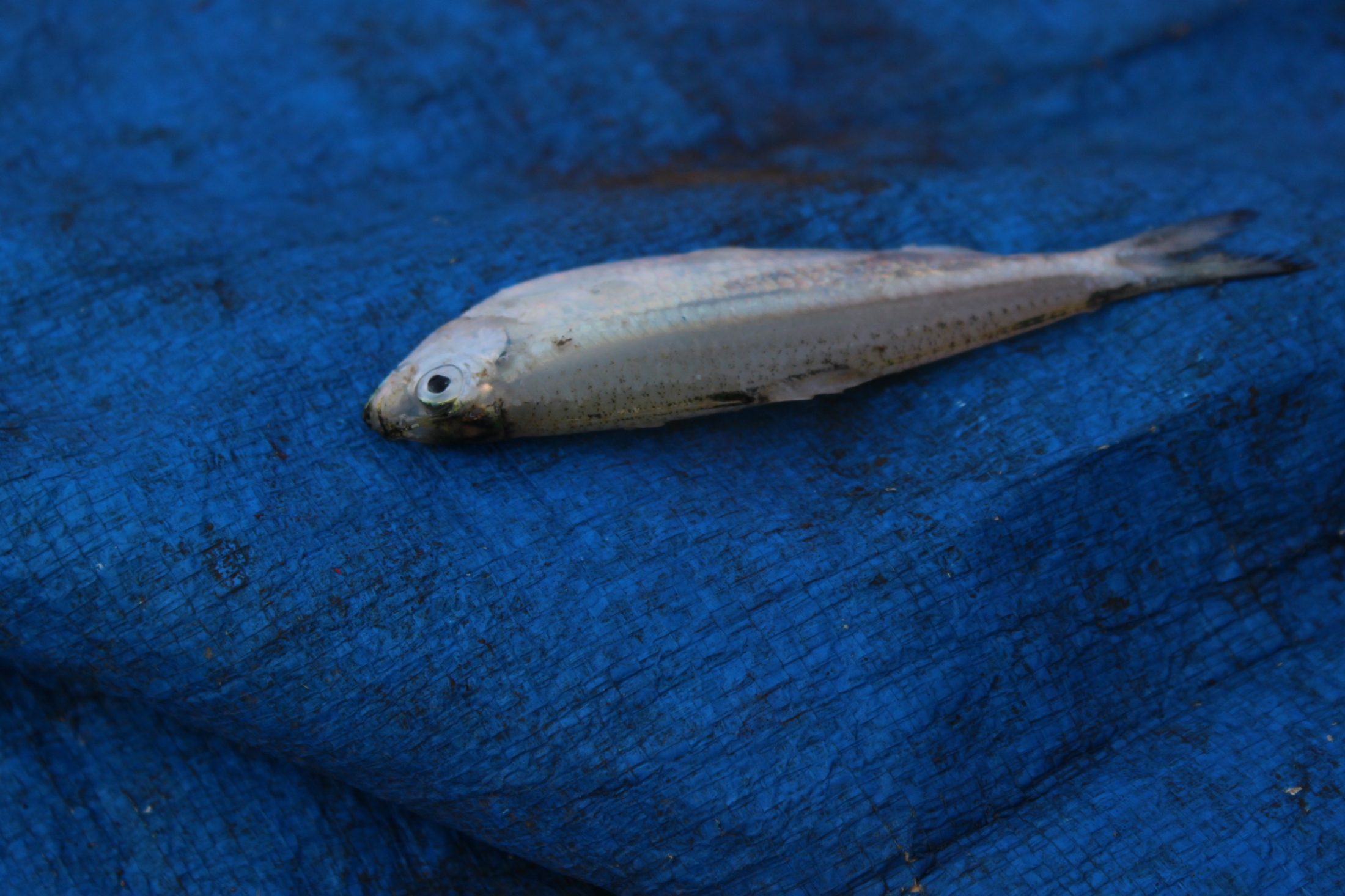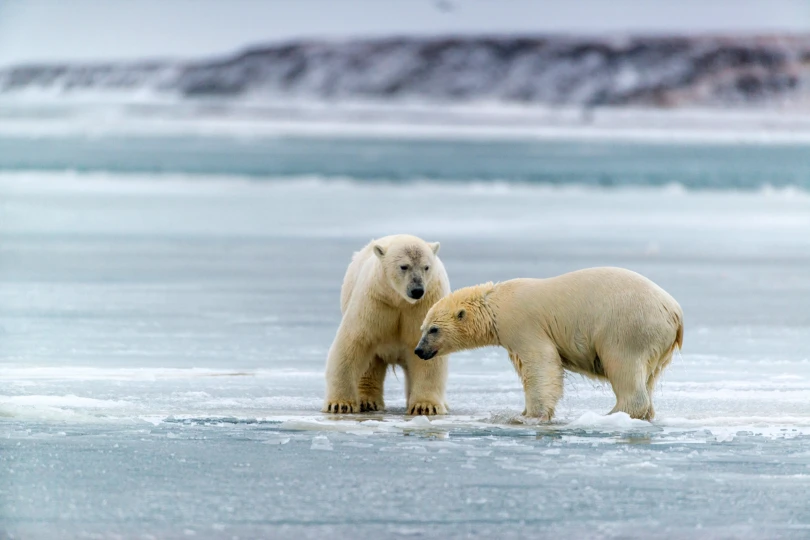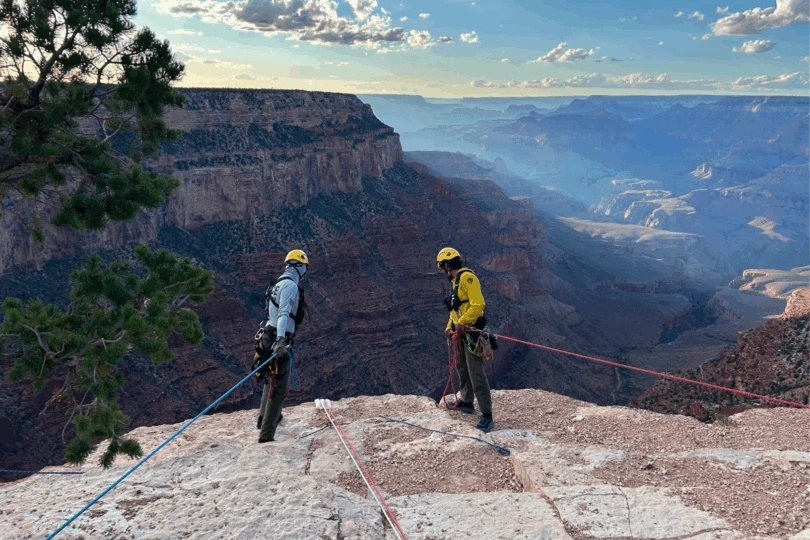Fish showers might sound like the stuff of apocalyptic prophecy, but it’s not unheard of. There’s even a darkly comedic term for it — ‘animal rain.’
East Texans are used to thunderstorms and winter showers. But on the afternoon of Dec. 29, it wasn’t just rain that precipitated from the clouds. A smattering of palm-size fish came down with it. It’s the first recorded occurrence of animal rain in state history.
Most of the specimens appeared to be shad or young bass measuring 2 to 7 inches in length. It’s unclear just how many fish fell on Texarkana, Texas, but town officials identified four “fall zones” across a 2.5-mile stretch. Local Devin Sewell told the Texarkana Gazette that he could see “fish everywhere for about 100 yards.”
Experts think they can explain the phenomenon.
Explaining Fish Rain
According to National Weather Service spokesman Michael Berry, animal rain usually happens when a waterspout or updraft sweeps up small aquatic and land-dwelling animals.
National Geographic explains that a waterspout starts as a pressure vortex in the atmosphere, which moves down toward a body of water, gaining momentum in the process. As that momentum builds and the vortex surges, it can gain enough pressure to suck up small, light objects and creatures.
The waterspout then suspends and carries the menagerie until its centrifugal force weakens. That’s when things get epic, and in this case, palm-size fish fell back to Earth.
Alternately, an unusually powerful updraft could be to blame for last week’s aquatic rainfall. Updrafts are another token of atmospheric pressure systems and are vital to condensing colder air into clouds. Lighter-duty updrafts often pick up light objects, like brush or sand, and they can exceed wind speeds of 60 miles per hour.
Occurrences of Animal Rain
According to the Library of Congress, scientists first linked updrafts to animal rain in the late 1800s, after frogs rained on Kansas City and Dubuque, Iowa — two locations devoid of natural frog habitats.
There are several reports of seafood storms in the modern era too. In 2017, approximately 100 fish fell on an elementary school in California. And, per The Weather Channel, the Australian town of Lajamanu recorded three instances of fish fall in the last 30 years.
The residents of Texarkana seem either mildly amused, slightly annoyed, or generally unmoved by the event. Local Tim Brigham told reporters that he thought the whole thing was “pretty cool,” and he had “started to get me a bucket and picked them up for fishing bait.”








